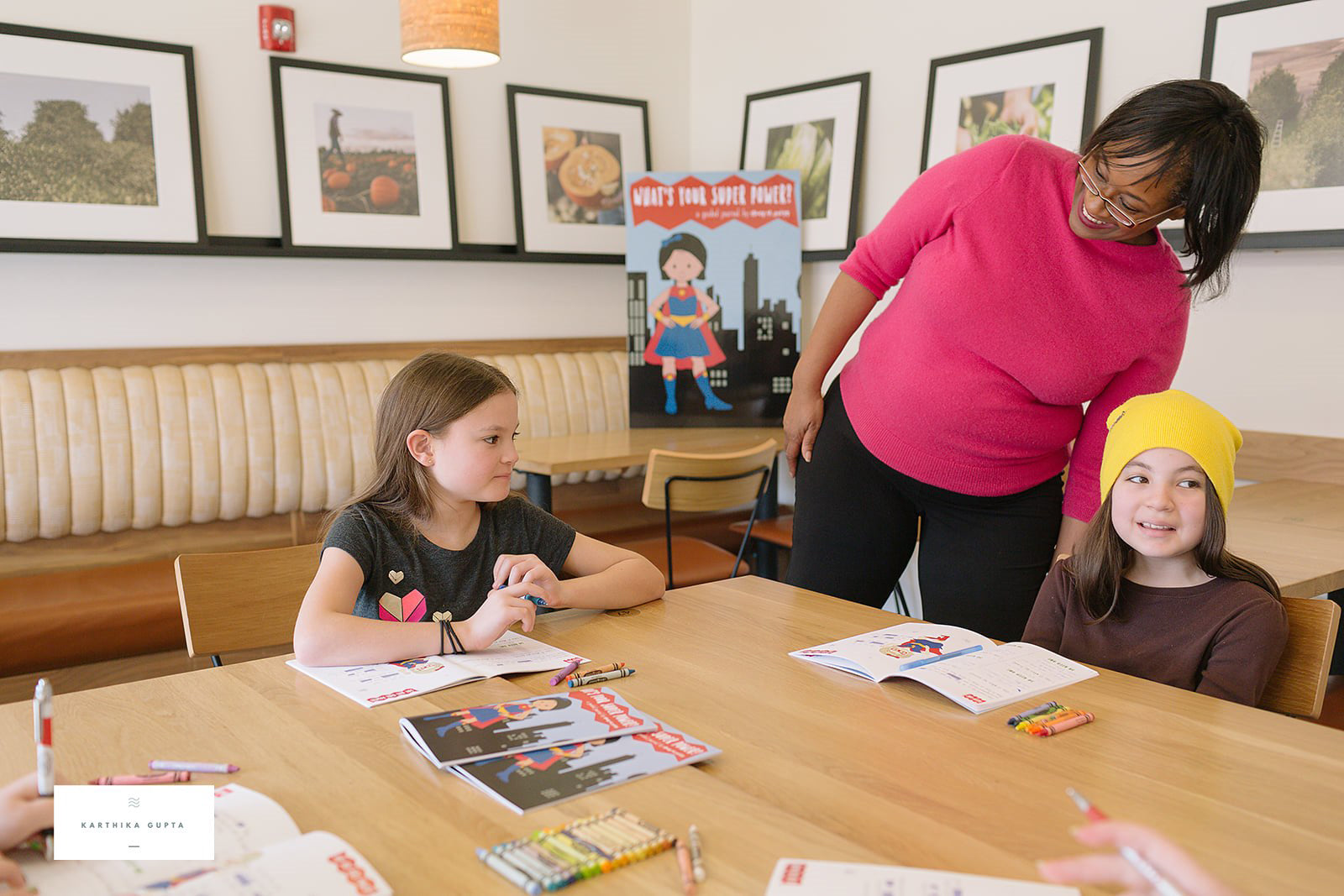
As parents, we teach our kids not to brag. Being boastful is viewed as a negative quality. I agree. Who wants to be around someone who is constantly letting us know their achievements and how amazing they are? I also agree that it is annoying to be around someone who must always “one-up” everyone else by letting everyone know that they are “better than” everyone else. Trust me, I agree that being a braggart is distasteful. We teach our children that being humble is a positive quality, to not be “that person” who is always bragging.
To avoid raising braggerts, we teach our kids the value of humility, and the value of modesty. However, we may be inadvertently teaching our kids to refrain from owning their amazing gifts and sharing them with others. We may be subtly teaching them that displaying confidence is distasteful and rude. Now, I am not suggesting that we encourage our kids to be boastful. But I do believe that we should encourage our kids to talk confidently about their abilities and experiences in appropriate situations and in a manner that is not boastful. Being boastful and being confident are not the same.
The essence of bragging is needing others to know
Braggarts like to tell others about their gifts, their abilities, and their accomplishments. It is important to braggarts that others know how amazing they are. They get pleasure out of it. In addition to constantly shining a bright light on their own skills and accomplishments, braggarts often belittle others in an effort to make themselves look and feel better. They fear looking bad and rarely admit when they are wrong.
While those who brag may appear to be confident, the constant need to tell other people their tales of how amazing they are is often a signal that the person is not confident but insecure.
The essence of confidence is simply knowing
Confident people let others know what they know only when it is necessary or appropriate. At other times they are generally comfortable and secure with sharing the information only with those close to them or keeping it to themselves. When they do share, they do so with confidence without belittling others. They are also comfortable with letting others shine. They do not need the glory, nor do they need the validation from others. While confident people are comfortable to share their wisdom when appropriate, they are also not afraid to ask for help when they do not have the needed the skill or experience.
The benefits of voicing ability and accomplishments in appropriate circumstances
It is important that we teach our children to be comfortable talking about their gifts, abilities, accomplishments, and interests. Discussing these things is important so that they do not miss opportunities for personal growth, connecting with others, academic achievement, community involvement, and serving others.
Here are 4 areas in which confidently talking about themselves will benefit your child and others.
- Whether it is at school, on a sports team, or in another environment, being able to talk about and demonstrate their abilities and interests will set the stage for your child taking a leadership role. Honing leadership skills early will serve your child well throughout their academic career, as they enter the job market, and as they find their place in the community.
- The part that teamwork plays in building strong, inclusive communities cannot be understated. Every member’s voice is important. Your child’s voice is important. Whether it is a classroom discussion, a sport, an activity at home, or socializing with friends, your child’s opinion, ability, or interest will help the group (team, community) be successful and reach its goal.
- When there is a need in the community it is important that those who have the ability to help have the confidence to speak up and take action. We all have witnessed children using their sewing, cooking, athletic, organizing, and other skills to raise money or provide goods and services to help those in need. Encouraging your child to speak up and let others know that they have the ability to help with a cause will empower your child and will help others.
- Reluctance to speak up in class to answer questions, contribute to the discussion, or ask questions may rob your child of opportunities for deeper learning, grade improvement, and special recognition. Teachers, coaches, and other youth group leaders may overlook your child for opportunities simply because they did not know your child had a particular skill, experience, or interest.
To help your child feel comfortable with talking about themselves and their abilities, balance the admonitions against being boastful with encouragement to share with quiet confidence at appropriate moments. In doing so not only will they feel empowered, they will also find opportunities to use their abilities in fun, satisfying, and serving ways.
___________________________________
Check out my guided journal, What Makes You Believe In Yourself? for additional help with confidence-building.
Stacey Montgomery, Founder
Stacey M Design and Stacey Montgomery Publishing
@2020. Stacey Montgomery. All rights reserved.





What great perspective! Yes, you are correct with there being a difference. Thank you for verbalizing what many parents feel and are the same time have conflicting feelings s about.
Leave a Comment